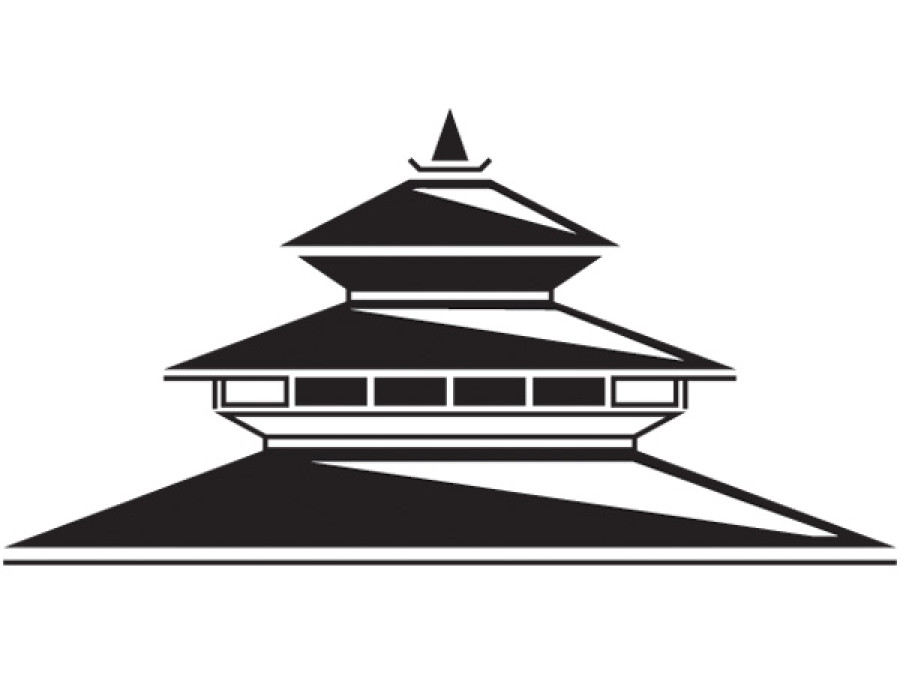Editorial
Over to you
The people have given their opinion; the lawmakers should now take heed
In the numerous public consultations on the draft constitution held this week, thousands of people put forward their views on diverse aspects of the constitution. While the types of comments that were put forward cannot easily be generalised, there were some common tendencies that were evident. Many members of Madhesi, Janajati and other historically marginalised groups said that the delineation of boundaries of the provinces should be completed before the constitution is promulgated. Some people, most of them hill high castes wanted the provision for secularism to be removed and Nepal to be defined either as a Hindu state or a state where there is freedom of religion. Large sections of the population said that the citizenship provisions should be equal for both men and women and that the ‘and’ conjuction should be replaced with an ‘or’. There comments were to be expected. After all, public debates on these issues have been a central part of the political discourse in recent months.
What was somewhat more unexpected was that large numbers of people also expressed opinions on the form of government. They demanded that the prime minister be directly elected. Others argued for a directly-elected president. Some even argued that the majority of important positions from the highest to the grassroots level should be directly elected.
It is noteworthy that such demands were put forward even though they had not really become part of mainstream discourse since the Maoists agreed to participate in a parliamentary system in 2006. What this demonstrates is that large sections of Nepal’s population have not been satisfied with democracy as it has been practiced since 2006. The demand for a directly elected executive indicates widespread disillusionment with the practice of politics.
In particular, people have recognised that there is a vast gulf between the issues and representatives for whom they vote and the people who eventually come into power and their agendas. There is a widespread feeling that those in power have failed to take the needs of the electorate into account and have only been concerned with their own narrow constituencies. In addition, there also appears to be widespread disillusionment with the tendency for governments to be changed repeatedly. There is recognition that the public will is not adequately taken into consideration when senior political leaders connive behind closed doors to take major decisions.
It is highly unlikely that political leaders will take such criticism into account and change the form of government from what is currently provided for in the draft constitution. However, politicians would do well to recognise that their behaviour over previous years has led to widespread anger and disillusionment. The attempt to correct the failures of the existing system should be a major priority for all political parties in the days ahead.




 9.78°C Kathmandu
9.78°C Kathmandu














